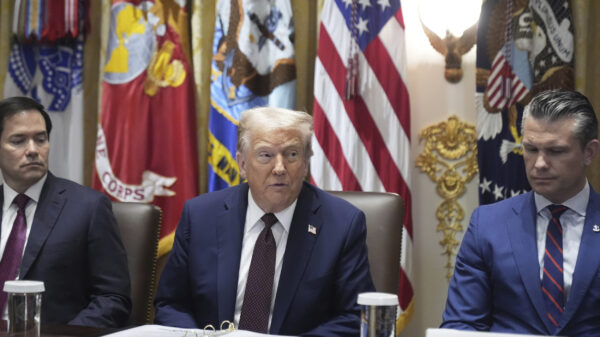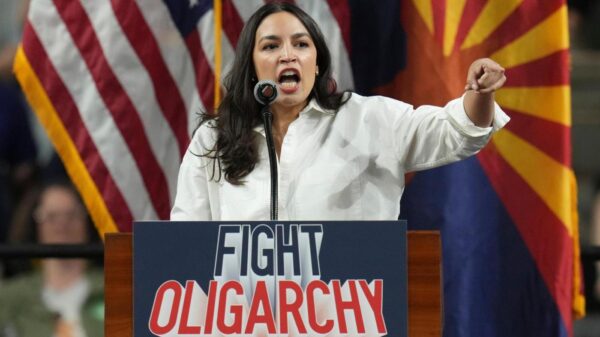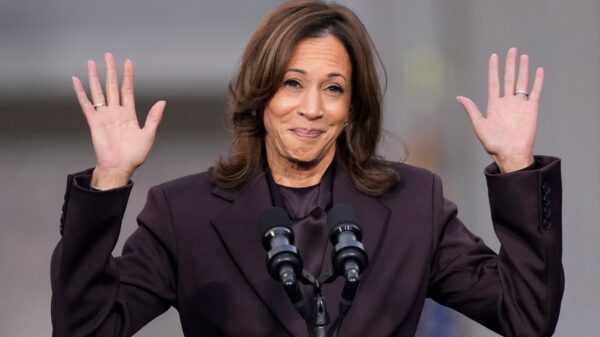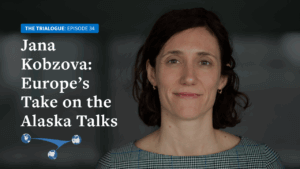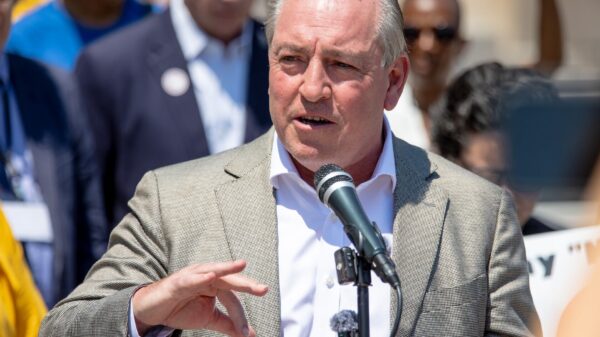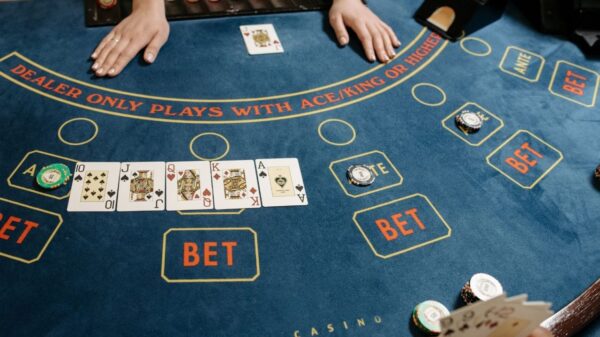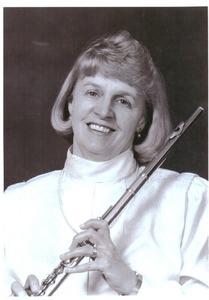The future of liberalism in a rapidly changing global landscape is the focus of a recent discussion featuring prominent intellectual historian Samuel Moyn and Peter Slezkine, Director of the U.S.-Russia-China Trialogue project at the Stimson Center. In the podcast, they explore the implications of multipolarity for liberal values, particularly in the context of declining American influence and the rise of alternative ideologies.
In their conversation, Moyn examines the challenges facing liberalism today, suggesting that it appears to be on the defensive against competing ideologies. He considers three potential explanations for this trend: the rise of rival ideologies, the relative decline of the American empire, and the notion that concerns about liberalism’s decline are overstated. Moyn leans towards the second explanation, asserting that the United States is undergoing a long retreat from the significance it once held globally.
Moyn critiques the idea of a “liberal international order,” arguing that what has been referred to as such has largely been an economic liberalism tied to free trade, primarily pursued by Western powers. He emphasizes that true liberalism should extend beyond mere economic interests and encompass ideals of human rights and individual emancipation.
“It would be nice to imagine and see [a form of liberalism beyond economic liberalism], but we haven’t yet,” Moyn states, pointing to historical examples where liberalism has failed to fully embrace its emancipatory potential. He notes that the American approach to liberalism has often been selective, prioritizing economic interests over genuine commitments to human rights.
As the discussion shifts to the role of the United States in shaping global liberalism, Moyn reflects on the historical context of American leadership during the Cold War. He argues that the U.S. framed its liberal project as a response to external threats, which led to a defensive and militaristic approach that detracted from the more ambitious vision of liberalism.
Moyn highlights the paradox of liberalism becoming less ambitious over time, suggesting that the focus on defending against perceived threats has led to a retreat from the original ideals that defined it. He draws attention to the impact of this shift on the global perception of liberalism, particularly in relation to the Soviet Union and the emergence of neoconservatism.
The conversation also touches on the potential for a multipolar world to rejuvenate liberal values. Moyn posits that the decline of American hegemony could create opportunities for diverse expressions of liberalism to flourish globally. He expresses hope that nations from the Global South, such as Brazil, could emerge as new champions of liberal ideals, offering fresh perspectives that break away from the historical patterns of Western dominance.
Moyn concludes by suggesting that the current geopolitical landscape, marked by increasing multipolarity, could serve as a crucial turning point for liberalism. He envisions a future where different nations experiment with various forms of governance, contributing to a broader understanding of freedom and human rights.
The discussion between Moyn and Slezkine highlights the intricate dynamics at play in the evolving world order and raises essential questions about the future of liberalism in a multipolar context. As listeners reflect on these insights, the potential for a revitalized liberal discourse remains a topic of significant relevance in contemporary global affairs.




